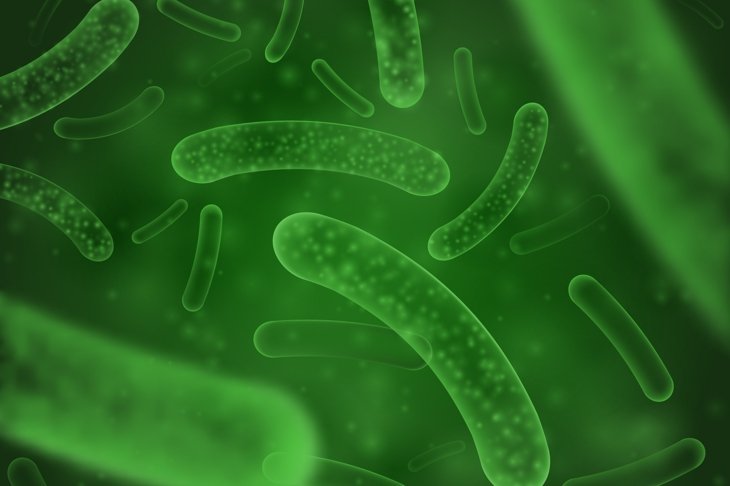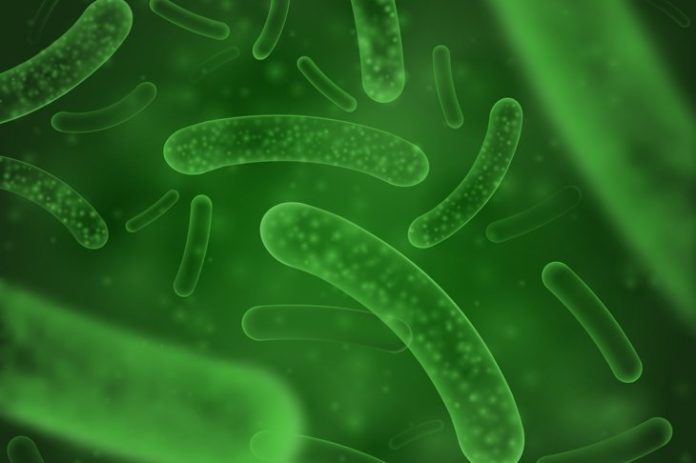
Over a century ago, two British physicians prescribed fermented foods with friendly bacteria for mood support. The practice didn’t catch on. But modern research suggests they were onto something: the surprising link between diet, gut microbes, and brain health.
Over a century ago, two British physicians prescribed fermented foods with friendly bacteria for mood support. The practice didn’t catch on. But modern research suggests they were onto something: the surprising link between diet, gut microbes, and brain health.
These two physicians separately described improvement in melancholia among patients prescribed products with live Lactobacilli. However, the idea that living micro-organisms could improve mood was considered fantastical thinking. Without a possible mechanism of action, the reports went largely unnoticed.
In 1986, Linda Hegstrand, now a physician specializing in integrative medicine, showed for the first time that microbes influence brain chemistry.
Animals living in completely sterile conditions without normal gut microbes—so-called germ-free animals—had differences in histamine levels within the hypothalamus. Since the hypothalamus influences appetite, sleep, energy levels, and hormonal balance, and since brain histamine is a target chemical in depression (indeed, it plays an important role in how antidepressants work), the implications were profound. Microbes matter.
From the gut to the brain
Volumes of animal studies have since provided many mechanistic pathways between gut microbes and the brain. Some lines of communication are quite direct. For example, gut microbes are now known to “talk” directly with the brain via the vagus nerve, a superhighway between the gut and the brain. When scientists manipulate gut microbes, they can trace the communication directly to the emotional centre of the brain, the limbic system, via the vagus nerve.
Animal studies also confirm indirect pathways between gut microbes and brain functioning. Beneficial bacteria, including Lactobacilli and Bifidobacterium, have a positive influence on nutritional status, including essential fats, amino acids (for example, tryptophan, the precursor to serotonin), B vitamins, and micronutrients that are otherwise associated with positive mood and mental acuity.
Beneficial bacteria also support normal immune system functioning. Disturbances in normal gut bacteria, known as dysbiosis, increases the release of immune chemicals called inflammatory cytokines, which can result in low-grade inflammation throughout the body. Many studies show that inflammatory cytokines provoke brain fog, lowered mood, and anxiousness.
Illumination through fecal transplantation
Although the links between dysbiosis (for example, through a Western diet, antibiotics, stress) and behavioural/cognitive disturbances in animals are interesting, the direct role of microbes is underscored by studies involving fecal transfer.
When healthy animals are recipients of transplanted stool from donors with dysbiosis, their behaviour, cognition, and motor activity change for the worse. Indeed, when germ-free mice are inoculated with fecal samples from human adults with neuropsychiatric disorders (versus healthy adult donors), the recipient animals develop depressive-like behaviours and cognitive disturbances in concert with alterations in brain chemistry.
The scientific annals are now awash with animal studies demonstrating a gut-brain-microbe connection. What about human research? Dozens of studies show that dysbiosis is a common thread in humans with neuropsychiatric disorders.
Of course, simply observing dysbiosis in brain-related conditions doesn’t tell us whether it is cause, effect, or both. Stress can be directly detrimental to a healthy gut ecosystem.
However, stress and lowered mood can alter our behaviours; unhealthy dietary patterns, compromised sleep, and sedentary behaviour are independently linked to dysbiosis. Thus, addressing brain-related conditions via the gut microbes must allow for a holistic context, including lifestyle.
Scientific consensus on diet and gut health
Since diet plays a dominant role in the support of brain health and a healthy gut ecosystem, experts from around the world brought together in a five-year project to research and make findings from basic human microbiome science useful for promoting healthier lifestyles to the public have already provided a consensus position.
In their words, “There is now overwhelming evidence to support the fact that gut microbes have a major impact on central neurochemistry and behaviour.” Thus, individuals should be encouraged to consume a largely plant-based diet with a high content of grains, fibres, and fish.
The rationale for such a statement is based on multiple studies showing that fibre, phytochemicals (for example, polyphenols and other important chemicals that give plant foods taste, texture, and colour), and omega-3 fatty acids are important to brain health, but are also linked to a healthy gut ecosystem.
Since essential fats and phytochemicals appear to confer health benefits via microbes, the definition of prebiotics has expanded beyond fibre alone. Moreover, fermented foods (which carry live micro-organisms and bioactive metabolites of phytochemicals) have been linked to brain health.
In addition to diet, a growing number of human studies have demonstrated mood and cognition-related benefits of probiotics. Although most of these studies are small and no definitive guidelines are in place, collectively, they support the idea that probiotics may one day be part of adjuvant care in neuropsychiatry. Canadian researchers are currently recruiting patients for one of the largest and best-designed probiotic depression studies to date.
In the meantime, the benefits of probiotics in general health are evident.
Human studies demonstrate benefits of probiotics and/or prebiotics
- normal bowel movements
- lowered risk of upper respiratory tract infections
- improved nutrient absorption
- metabolic health and satiety
- normal immune function
With a little help from your friends
- Trillions of microbes live in and on the human body; we are each a “multispecies entity.”
- On a cell-to-cell basis, there is about one microbial cell for every human cell.
- Microbes carry functional genes; this genetic material contributes to human health.
- The human microbiome describes micro-organisms and their genetic machinery that reside in various locations on and in the human body.
- The microbiome transforms dietary phytochemicals into biologically active metabolites.
- Scientists may never find the elusive “ideal microbiome,” but they are moving closer to identifying specific microbial signatures that predict health and disease.
Alan C. Logan graduated from the Canadian College of Naturopathic Medicine. He has been writing on the history of medicine, and the gut-brain connection, for nearly 20 years.






























